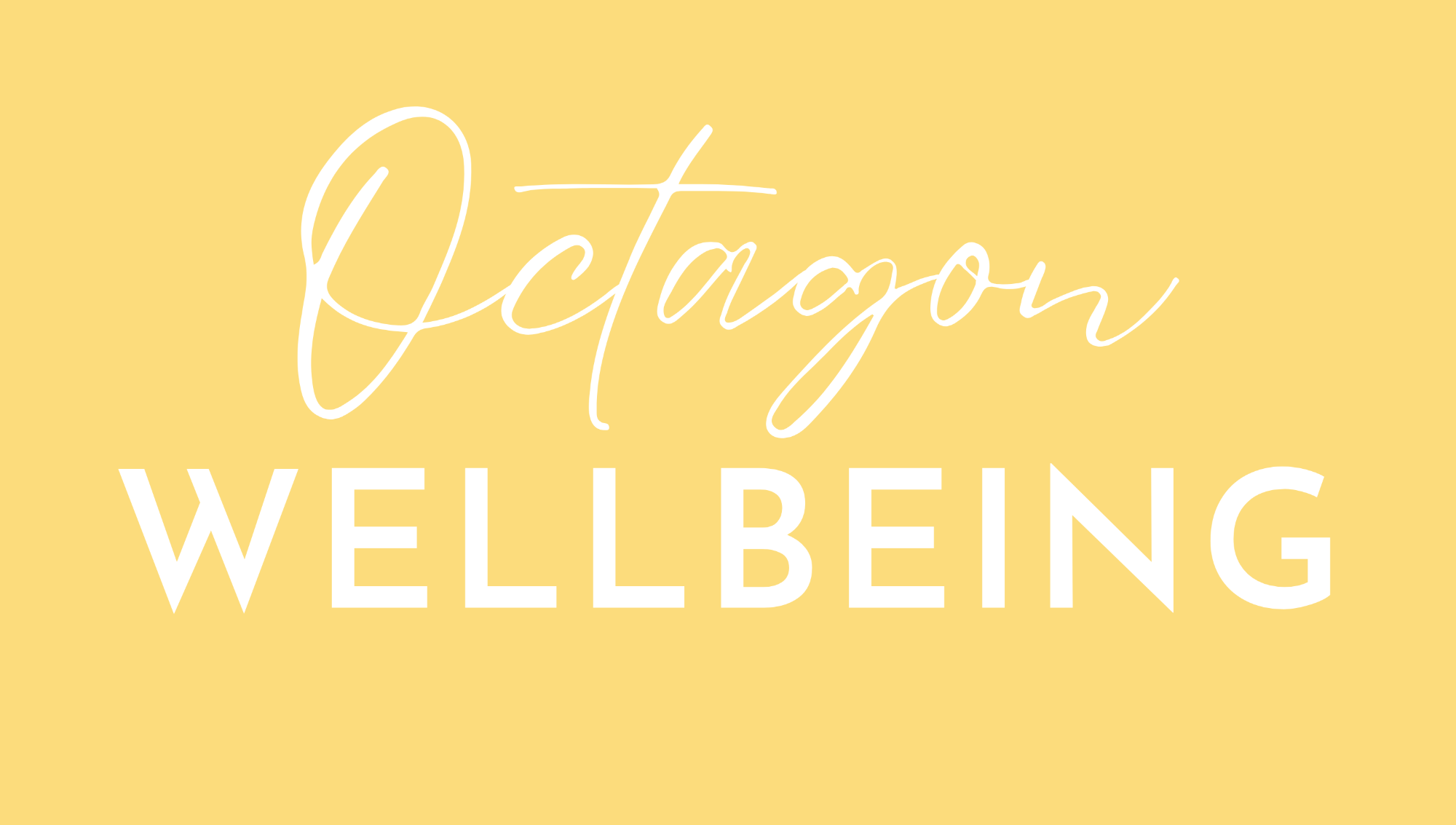Are you struggling with anxiety?
Posted on
Anxiety can affect people of all ages and backgrounds. It can be both difficult to recognize and even more challenging to manage.
What is anxiety?
Anxiety is a natural response that our body has when it perceives a threat or danger. It's a feeling of unease, worry, or fear. Anxiety is a completely normal human emotion and so level of anxiety is useful to keep us safe. However, there are times when our anxiety amplifies beyond a normal, useful level. It can manifest in overthinking or negative thinking which can be mentally exhausting and have a negative impact on our mental health and general wellbeing. When anxiety becomes persistent, it can affect our daily life, relationships, and work. We may start avoiding certain situations or people that trigger anxiety which can limit our experiences and opportunities. This is where therapy can be helpful. A therapist can help us understand the root of our anxiety, develop coping mechanisms, and learn skills to manage it.
What are the symptoms of anxiety?
Some common physical symptoms of anxiety include trembling or shaking, rapid heartbeat, sweating, nausea, and shortness of breath. Other physical symptoms may include headaches, fatigue, and muscle tension. These symptoms can significantly impact on your overall wellbeing and quality of life.
Cognitive symptoms of anxiety are also common and can include excessive worrying, negative thinking, and a feeling of dread or impending doom. Anxiety can also cause difficulty concentrating, irritability, and restlessness. These cognitive symptoms can lead to a vicious cycle of worrying about worrying, which can worsen anxiety and further affect your mental health.
It is important to recognize the symptoms of anxiety so that they can be addressed appropriately. While there is no one-size-fits-all approach to treating anxiety, therapy can be helpful in identifying triggers and developing strategies for managing symptoms.
Anxiety and our nervous system
By learning how our nervous system functions and developing healthy habits to manage anxiety, we can improve our overall wellbeing and quality of life. Let’s think of our nervous system like a car with just two peddles, the accelerator and the pedal. Our accelerator is our sympathetic nervous system and our brake is our parasympathetic nervous system. When we perceive a threat or stressor, our brain activates our sympathetic nervous system, which triggers our body's "fight or flight" response, it’s a bit like putting our foot down on the accelerator of a car ready to run. This response “revs up your engine” releases stress hormones, such as adrenaline and cortisol, that increase our heart rate, blood pressure, and breathing rate to prepare us to confront or flee from the threat. While this response is helpful in certain situations, it can become problematic when it is constantly activated. Just imagine if you spend the whole time driving your car with that accelerator pedal pressed right down to the floor, it wouldn’t be healthy for yourcar right? It’s the same for us, if we’re always in a highly anxious state, in that fight or flight state with our sympathetic nervous system switched on we’re going to feel exhausted and burnt out. In contrast, we need to be able to come off the accelerator and activate our parasympathetic nervous system, that’s the brake pedal of your car or the “rest and digest” system in your body. This can promote feelings of calmness and relaxation. Talking therapy, hypnotherapy, meditation, and other relaxation techniques can help regulate our nervous system and therefore reduce anxiety as you learn how to switch on the “rest and digest” side of your nervous system for your body and mind to rest and recover.


Add a comment: